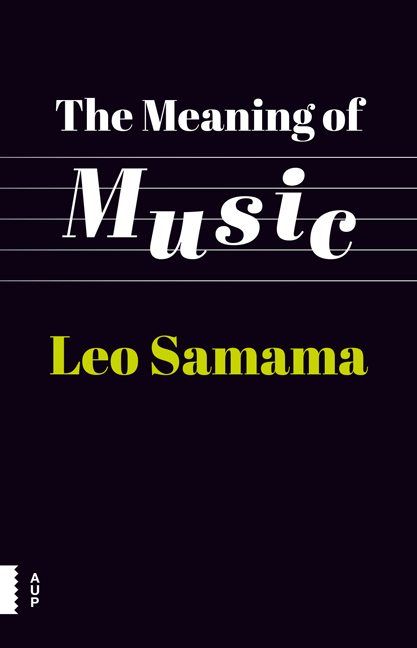24 - By Way of an Epilogue: Music Now
Published online by Cambridge University Press: 24 December 2020
Summary
In recent decades it has been suggested in newspapers and at symposia that ‘classical’ music is finished, at least as we know it today. Concert halls are emptying, the symphony orchestra is outdated and traditional concerts are no longer adequate. At the same time, research increasingly shows that humans are musical by nature, and that a life without music is unimaginable. Governments in numerous countries follow the more negative messages and, more than the citizens themselves, put our cultural treasures at risk by withdrawing from their duty of care, a duty which has been taken over from the nobility and the Church in exchange for often substantial taxes. This happens at a time in which more people than ever are engaged with the many facets of art. Is this contradiction – retreating governments and an increasing number of participants – an example of the law of diminishing returns (damage through excess), or do politicians no longer realise the importance of art and culture for a healthy society?
Today's art sector can be compared to a giant supermarket with thousands of products to suit everyone's taste. As far as music is concerned we find everything from religious chant from the 10th century and masterpieces from the music theatre of yesteryear, music from the Midwest, the Far East and Down Under, music for the church, the pub, the street and the living room, folk and ethnic music, choral works and symphonies, pop and film music, muzak, new wave, funk, punk, reggae and rap, extremely complex and very simple music, tonal and atonal music, music based on all kinds of local or national scales and tonal systems, improvised music and computer music, adjacent and all mixed up together. I have no doubt missed out so much more, as well as every imaginable fusion and mixture between styles and genres.
In this supermarket almost everything is for sale and sometimes the music is free, but usually you have to do something to obtain it (go to a concert, buy a CD, download it and at the very least listen actively). Just as frequently we are confronted with it without asking (on the street, in shops, at the dentist, in the office or other places of work, in an aeroplane).
- Type
- Chapter
- Information
- Meaning of Music , pp. 222 - 233Publisher: Amsterdam University PressPrint publication year: 2016



